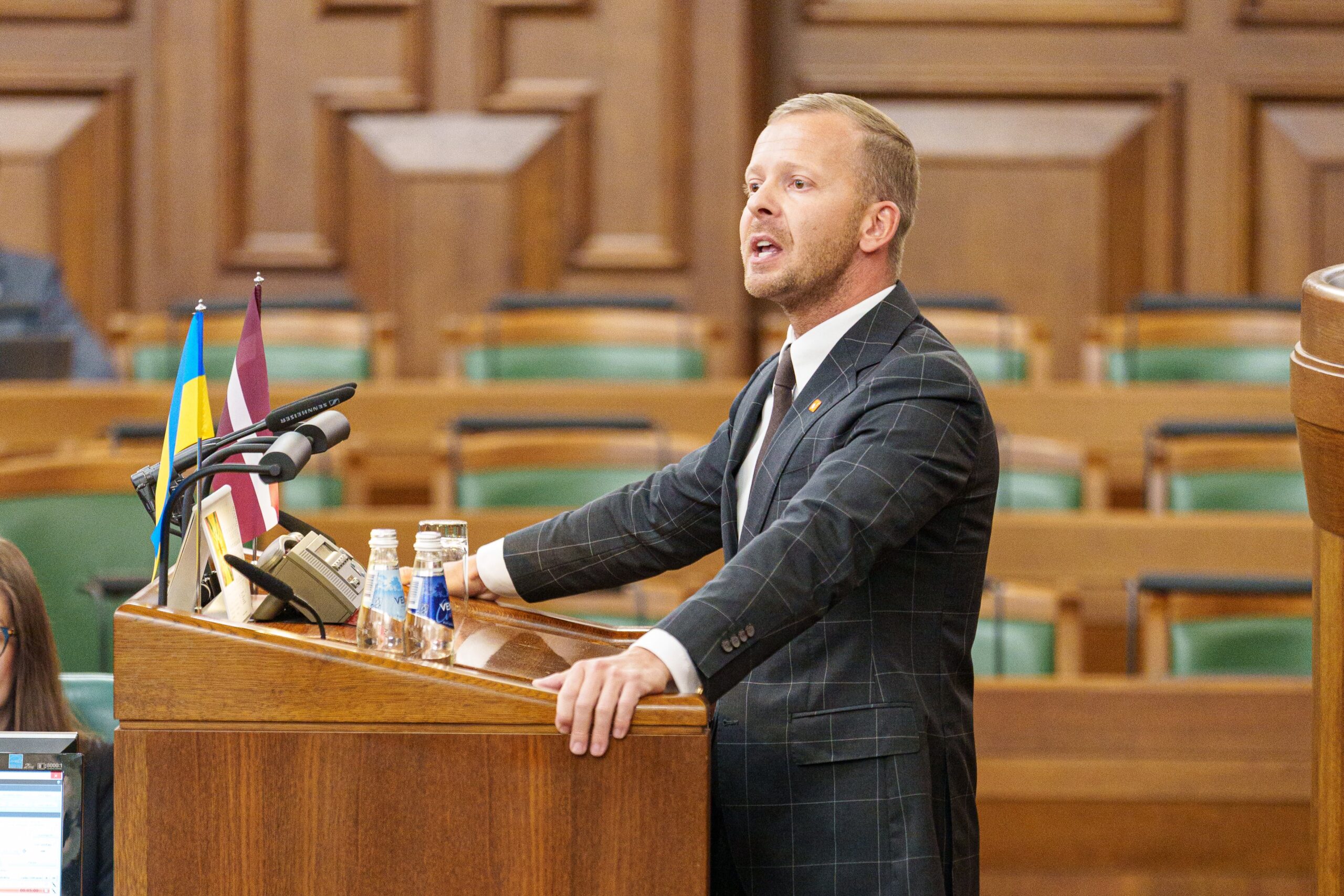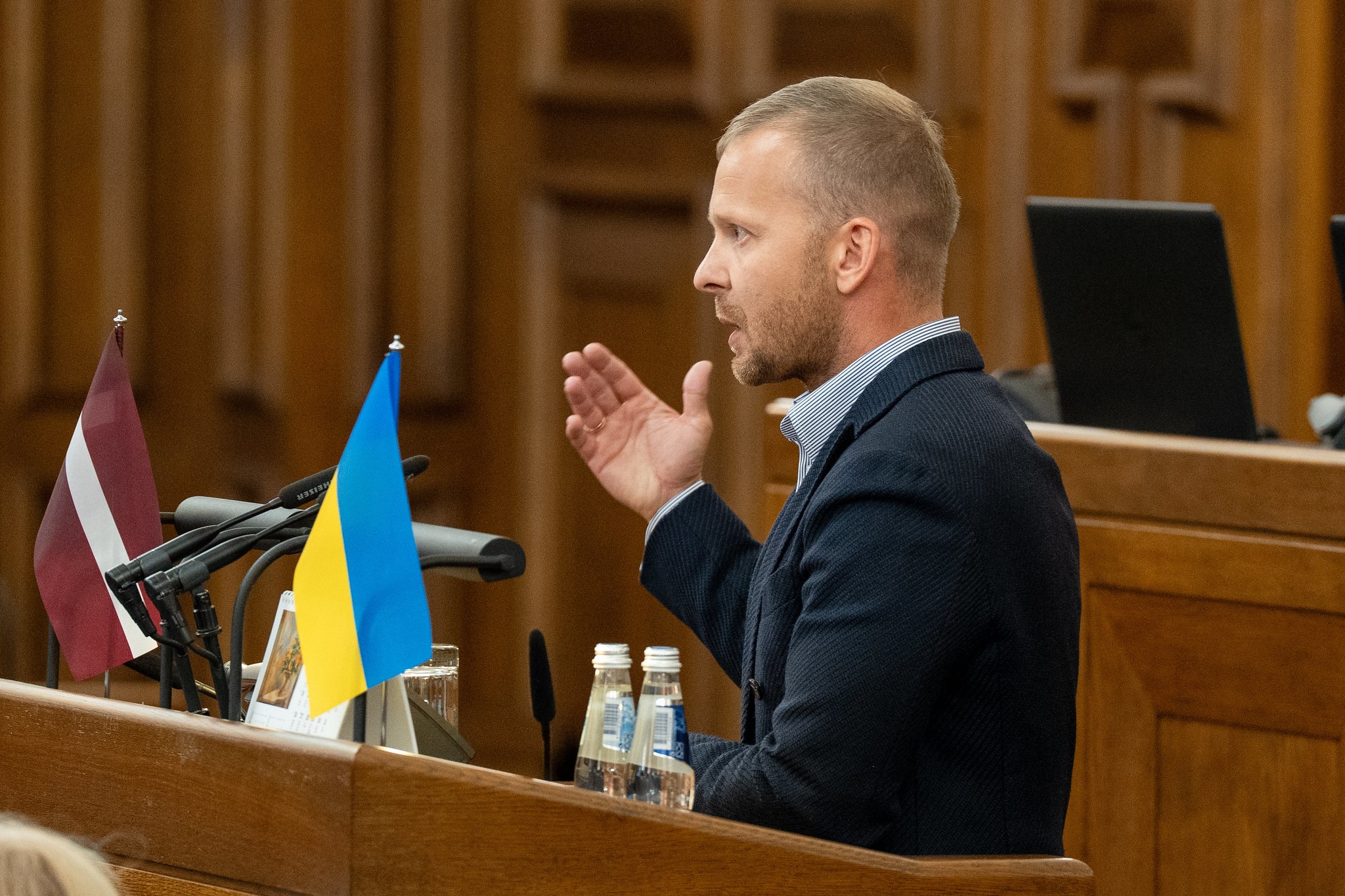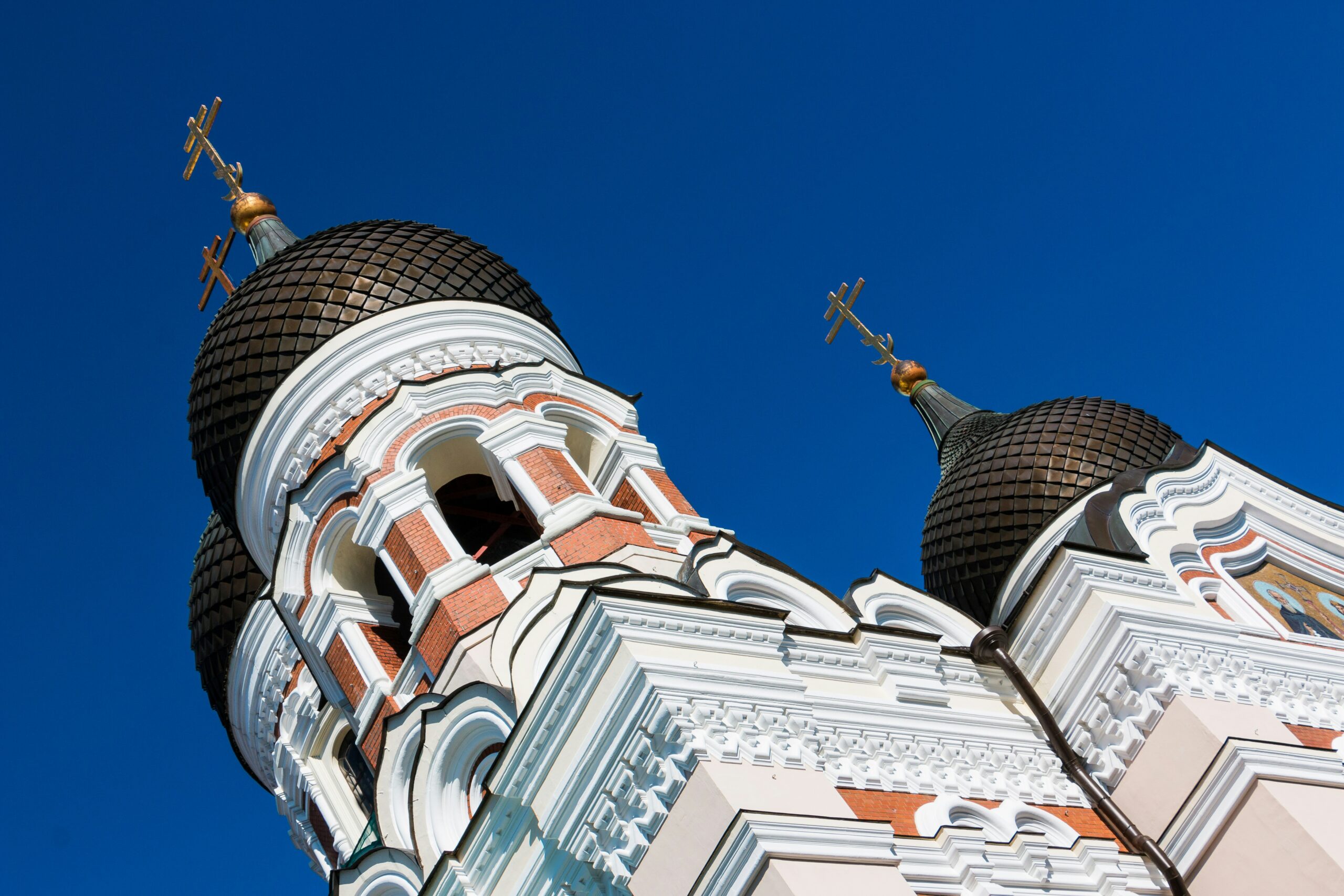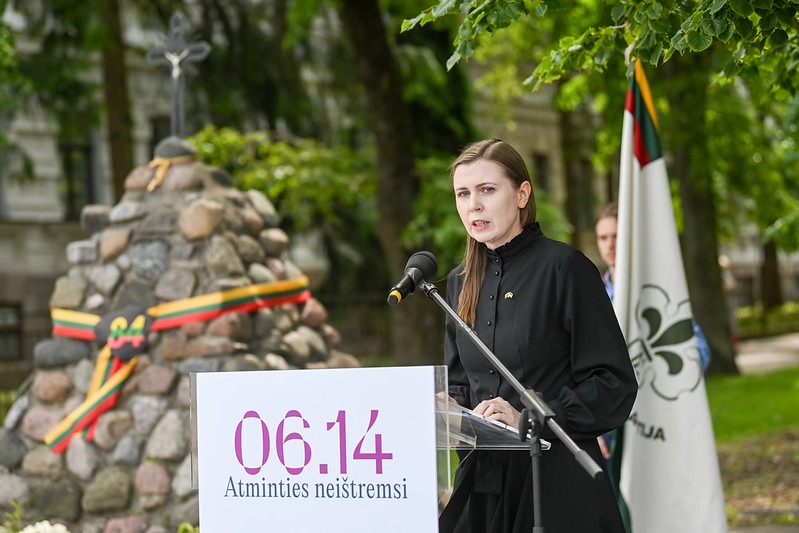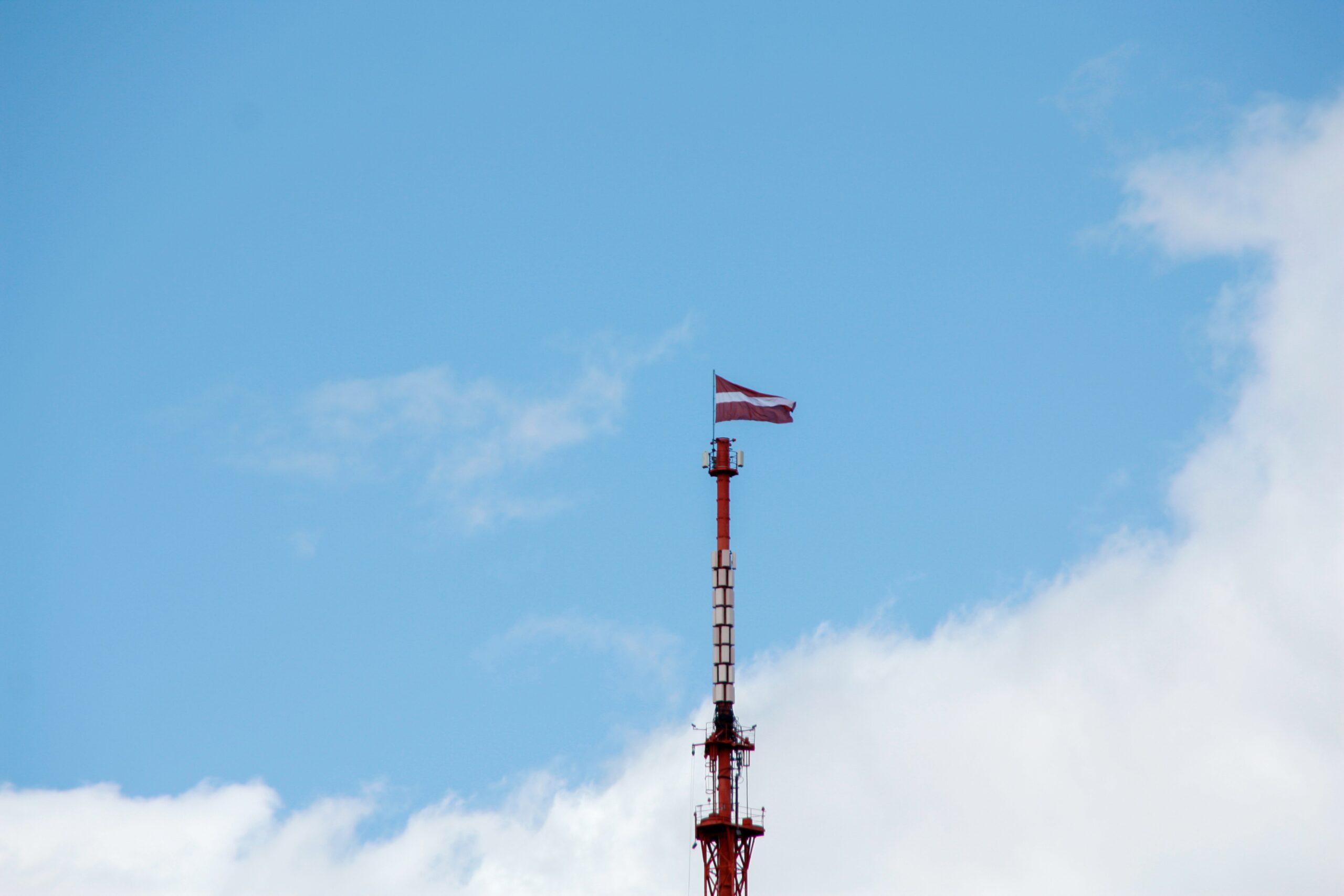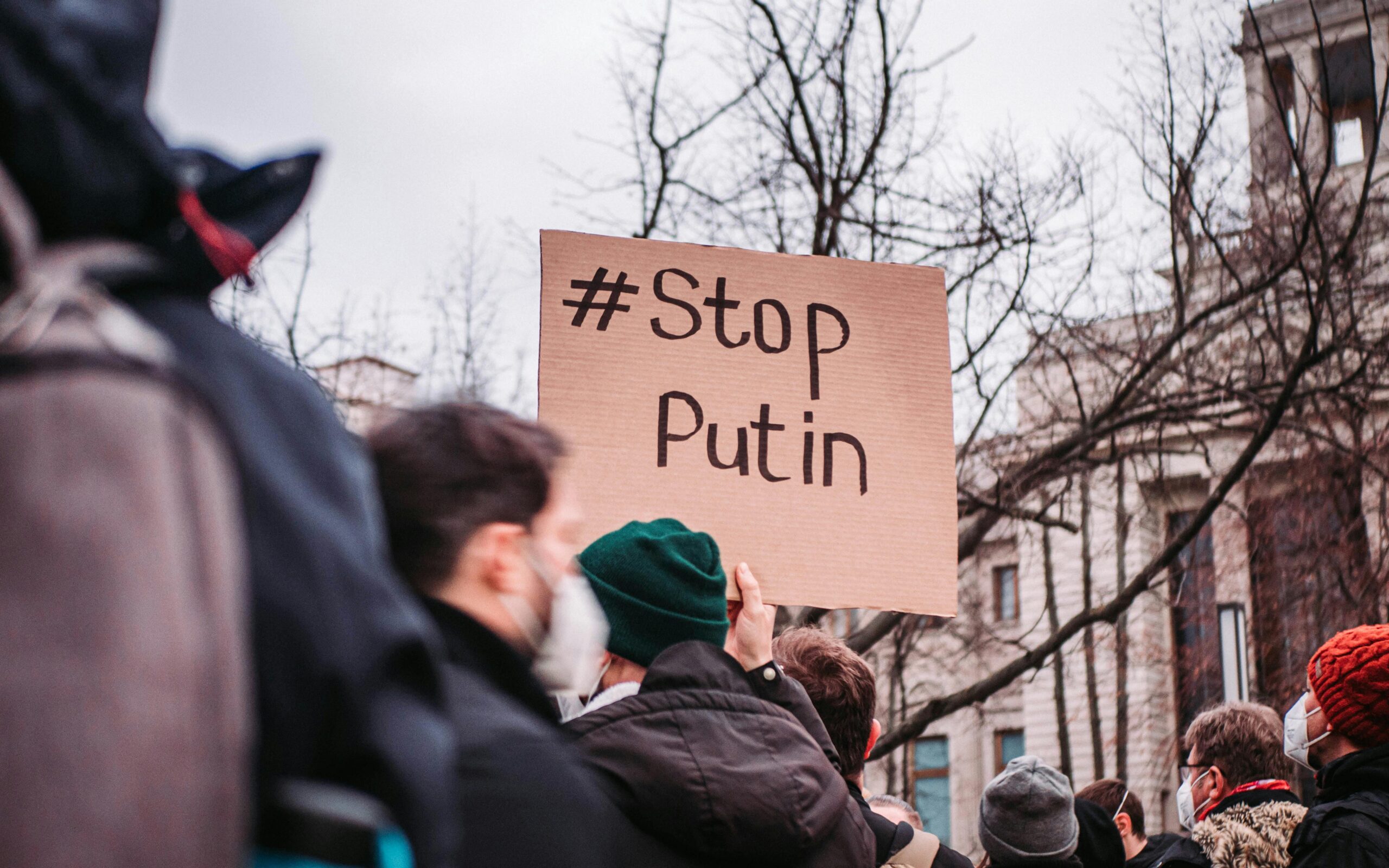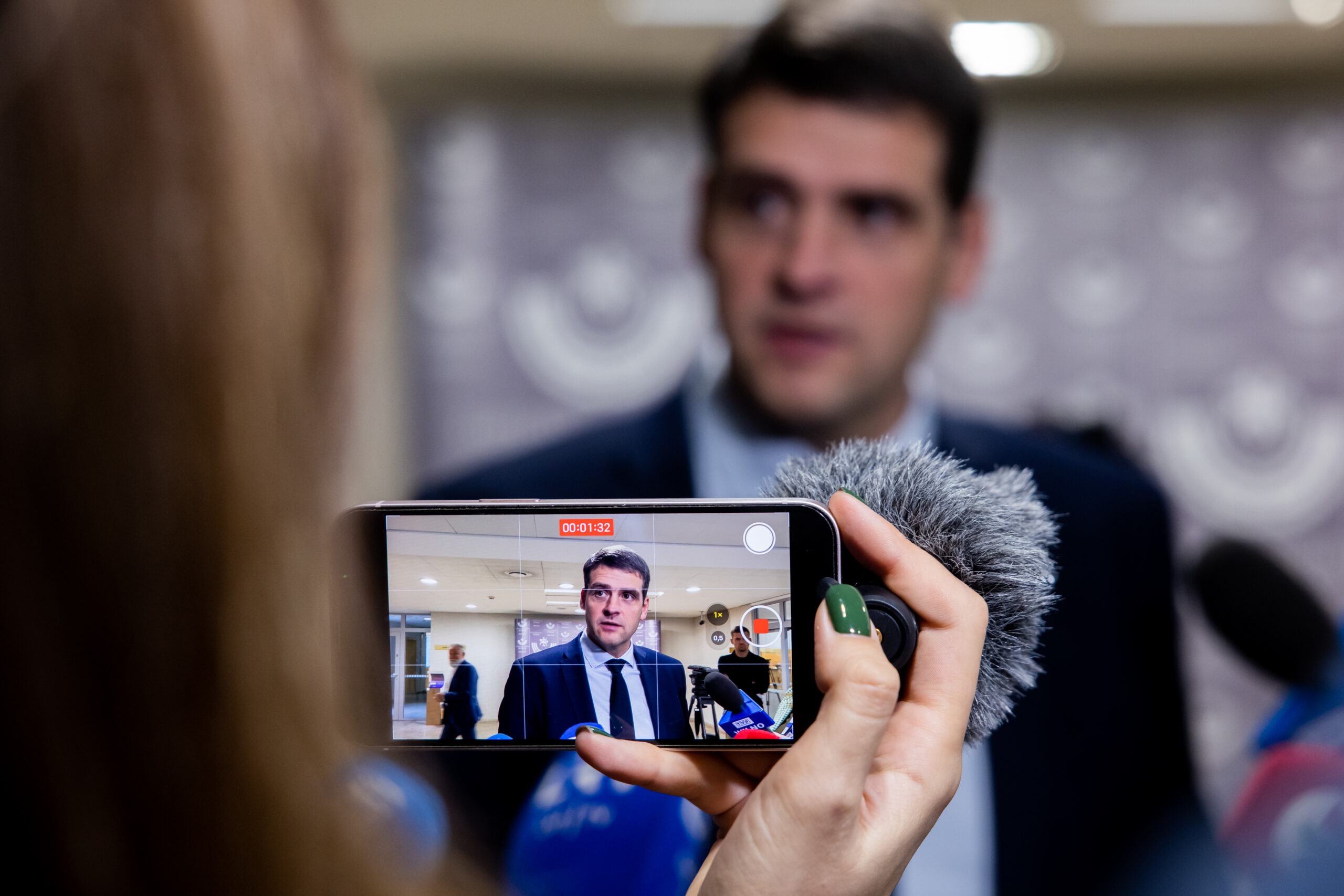
Main narratives:
- Scepticism towards NATO’s functionality;
- Malign Western influence;
- General anti-government sentiments;
- Discrediting Ukraine and its effort to win the war.
Overview:
Over the past week, Kremlin-aligned media in Lithuania heavily focused on Donald Trump’s stance on the war in Ukraine. A key narrative pushed by these outlets was that people’s fear of Trump and his rhetoric is unfounded, as he allegedly “openly seeks peace in Ukraine”. They framed criticism of Trump’s foreign policy as hypocrisy, drawing parallels to past attacks on “anti-vaxxers.” Just as those who questioned COVID-19 policies were allegedly persecuted in Lithuania, malign actors now argue that Trump supporters face similar backlash for “advocating peace”.
At the same time, pro-Kremlin media continued amplifying claims that Western governments are deliberately exaggerating the Russian threat, not out of genuine security concerns but to serve the interests of the military-industrial complex. Lithuania was depicted as a participant in this effort, accused of fearmongering about Russia solely to justify increased defence spending and further enrich banks. The message spread by the Kremlin-aligned media was that the Western leaders, not Russia itself, were the ones perpetuating war for profit.
Interestingly, the absolutely biggest headline in Lithuanian media last week was the scandal surrounding Remigijus Žemaitaitis. He was caught lying to his supporters, claiming he had secured tickets to the U.S. to meet Elon Musk, only for it to turn out that no such plans existed. The revelation sparked outrage, with many accusing him of manipulating public trust for attention or personal gain. However, in pro-Kremlin media, the story was barely covered and whenever it was mentioned, commentators often downplayed the deception, painting Žemaitaitis as a victim of political persecution rather than someone who had simply been caught in a lie.
